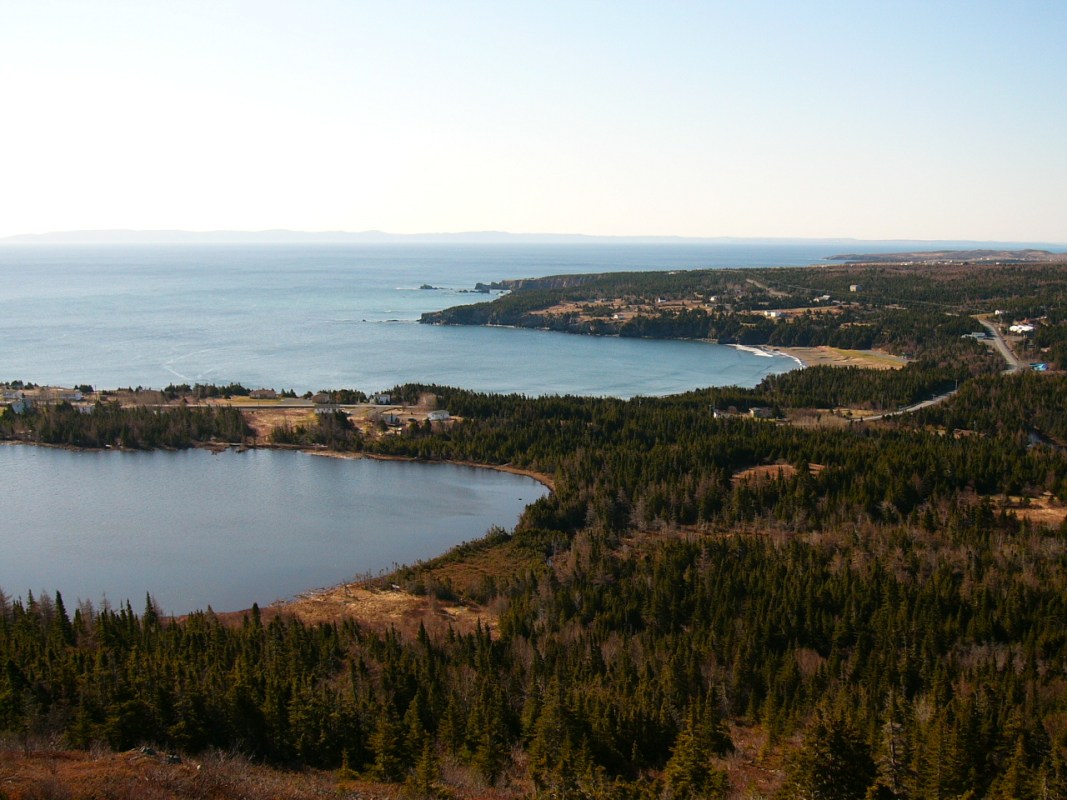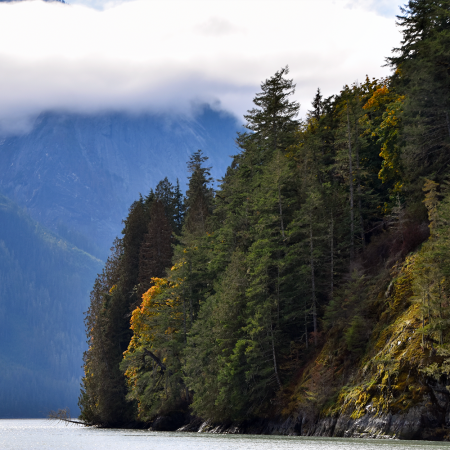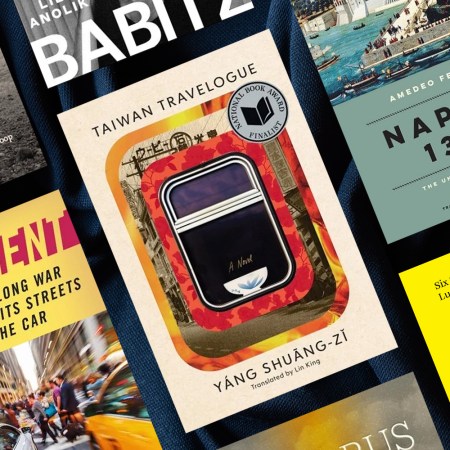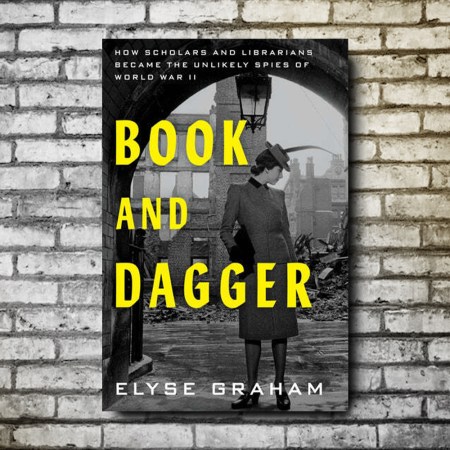Can science and history help address a historical wrong? Consider the case of the Beothuk, early inhabitants of what is today Newfoundland. When European settlers arrived there, things took a turn for the horrific for the Beothuk — leading to what was widely believed to be the death of an entire group of Indigenous people. The remains of one couple, Nonosabasut and Demasduit, who died in the early 19th century were recently repatriated to Canada from Scotland, where they had been stored in a museum for over a century.
Shanawdithit, the niece of Nonosabasut and Demasduit, died in 1829, and until recently was thought by many to be the last of the Beothuk. A 2017 article in The Globe and Mail covered the way that genetic testing was used on human remains to explore the history of the Beothuk in Newfoundland — and to offer a deeper understanding of the region, period.
Now, writing at The Guardian, Leyland Cecco offers even more ways in which science has illuminated this particular corner of history. As it turns out, Shanawdithit may not have been the last of the Beothuk after all.
New research from Memorial University, however, has found Beothuk DNA probably still exists in people alive today — a discovery that would rewrite the history of the Newfoundland’s early inhabitants, even as it confirms the accuracy of local First Nations oral tradition.
The article as a whole is a fascinating look at the way genetic testing can line up with oral histories — and how sometimes two seemingly disparate disciplines can mesh more neatly than you’d expect.
Subscribe here for our free daily newsletter.
Thanks for reading InsideHook. Sign up for our daily newsletter and be in the know.


















